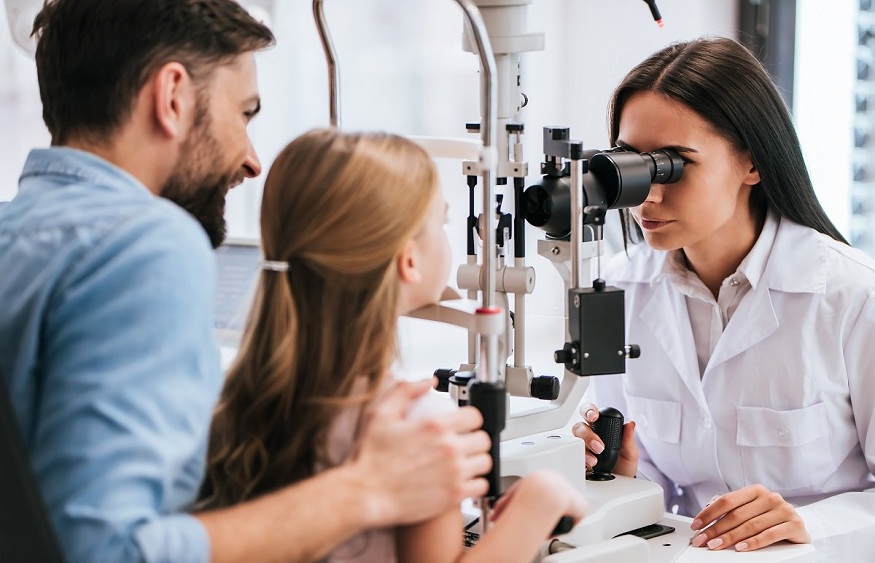Glaucoma is a serious eye condition that can lead to vision loss if left untreated. It often creeps in without symptoms, making early detection crucial. Ophthalmologists play a key role in diagnosing and managing this condition. They use their expertise to identify glaucoma early and provide effective treatment options. Just as advanced cataract surgery rapid city has transformed eye care, ophthalmologists continue to advance in glaucoma management. They conduct comprehensive eye exams, create personalized treatment plans, and monitor progression to preserve vision. Understanding their role helps us appreciate the importance of regular eye check-ups.
Understanding Glaucoma
Glaucoma occurs when fluid builds up in the front part of the eye, increasing pressure and damaging the optic nerve. Often called the “silent thief of sight,” glaucoma may not present symptoms until significant vision loss occurs.
The two main types of glaucoma are open-angle and angle-closure. Open-angle glaucoma is the most common, where the drainage angle formed by the cornea and iris remains open, but the trabecular meshwork is partially blocked.
The Ophthalmologist’s Role in Diagnosis
Ophthalmologists use several tests to diagnose glaucoma. A comprehensive eye exam will measure eye pressure, inspect the drainage angle, evaluate the optic nerve, and test peripheral vision. Some of these tests may include:
- Tonometer: Measures the pressure inside the eye.
- Ophthalmoscopy: Allows the doctor to inspect the optic nerve for damage.
- Perimetry: Assesses the complete field of vision.
According to the National Eye Institute, early treatment can prevent serious vision loss.
Effectively Managing Glaucoma
Once diagnosed, management aims to reduce intraocular pressure (IOP) to prevent further optic nerve damage. Ophthalmologists may recommend:
- They help lower eye pressure by reducing fluid production or increasing fluid drainage.
- Laser treatment: Techniques such as trabeculoplasty or iridotomy can improve fluid drainage.
- Microsurgery: In some cases, surgeries like trabeculectomy may be necessary to create new drainage pathways.
Comparing Treatment Options
| Treatment | Method | Pros | Cons |
| Medications | Eye Drops | Non-invasive | Possible side effects |
| Laser Treatment | Trabeculoplasty | Quick recovery | May need repeat |
| Microsurgery | Trabeculectomy | Effective | Longer recovery |
Regular follow-ups are vital. They monitor the effectiveness of treatment and adjust plans as needed. The American Academy of Ophthalmology recommends routine check-ups to ensure the best outcomes.
Conclusion
Ophthalmologists are essential in managing glaucoma. Their expertise in diagnosing and treating this condition can prevent significant vision loss. By understanding the importance of regular eye exams and following prescribed treatments, we can maintain healthy vision. Recognizing the silent nature of glaucoma and seeking timely care helps protect our sight for the future.




